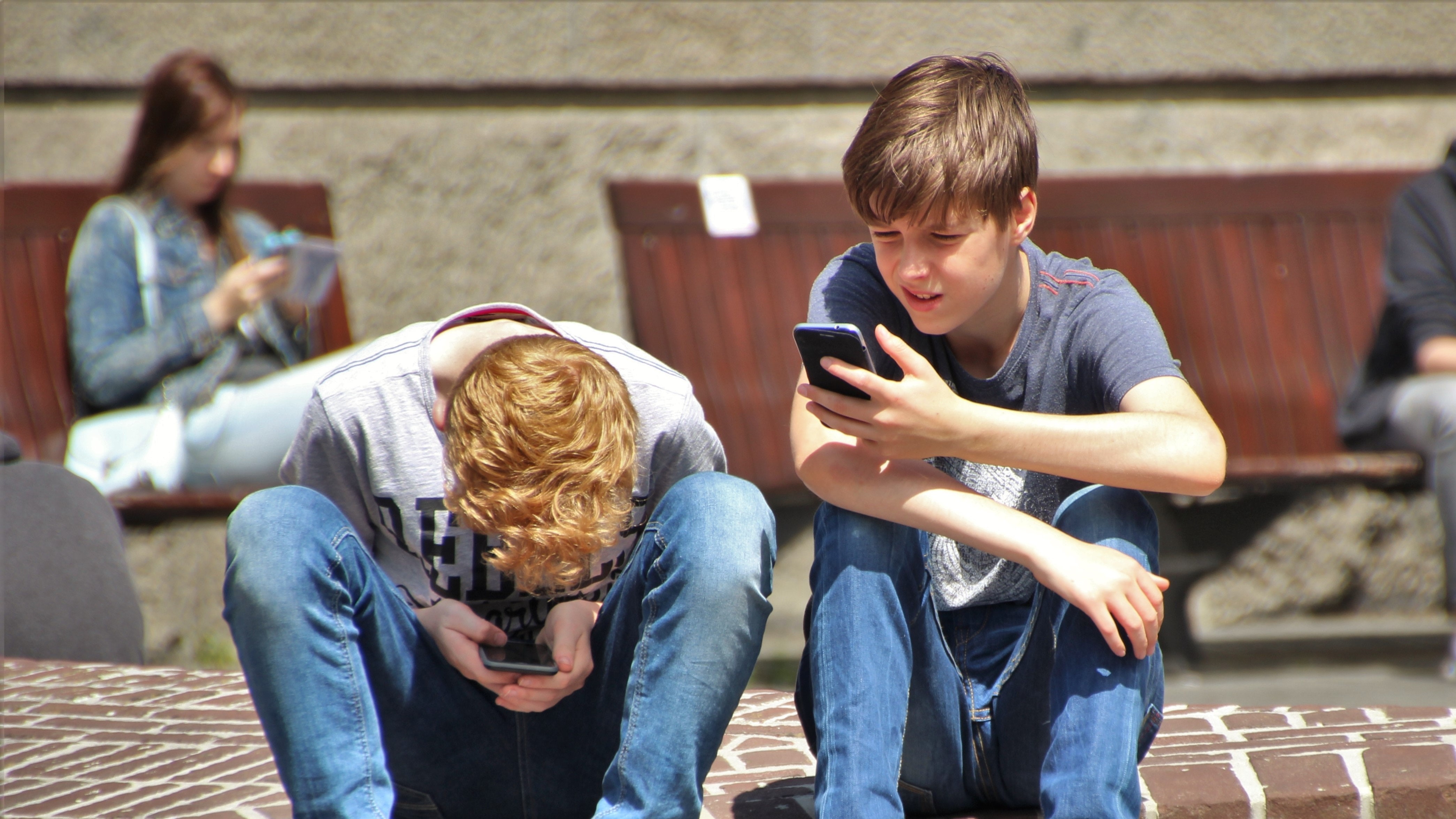Internet quality doesn't mean security, especially for children—experts say
Israel and 14 European countries are among the worst worldwide

When it comes to the internet, you might be inclined to think that countries boasting a more reliable infrastructure are also benefiting from better online security. Well, that's proven to be a mere conjecture.
Researchers at VPN service provider Surfshark have found that some of the nations offering the highest digital quality of life are actually struggling to protect children online.
Recent updates
Additional comments from Surfshark's Cyber Security Lead, Aleksandr Valentij, have been added on February, 12, 2024.
Published for this year's Safer Internet Day on February 6, the new Surfshark report adds to another recent investigation in which the provider estimated over 1,700 websites containing unreported child sexual abuse content in the EU alone.
Children online safety conundrum
"In an age where our children leave their digital footprints before they can walk, ensuring their online journey is safe is not just a responsibility but also a crucial obligation," Agneska Sablovskaja, Lead Researcher at Surfshark, told TechRadar.
It's in this light that researchers decided to see whether or not there exists a correlation between better internet quality and children's online security.
To do so, they compare the data coming from the Children’s Online Safety Index (COSI), a national-level metric that maps improvements in child online safety measures, the KidsRights Index which measures how children’s rights are respected worldwide, and their very own Digital Quality of Life, a global ranking of overall digital wellbeing.
What they found out was in stark contrast with what might look like from the surface.
Get daily insight, inspiration and deals in your inbox
Sign up for breaking news, reviews, opinion, top tech deals, and more.
Countries with a higher standard of digital life often exhibit higher levels of children's online safety. Yet, Sablovskaja explained that this doesn't necessarily translate into better protections for children in the end. "In some countries, particularly in Europe, a high quality of digital life does not guarantee a significant level of online protection for kids," she added.
Among the worst-performing 19 countries, 14 are in Europe—Austria, Bulgaria, Croatia, Denmark, Estonia, Finland, Greece, Latvia, Lithuania, the Netherlands, Poland, Slovakia, Switzerland, and Ukraine. Three Asian nations (Israel, Bahrain, and Kazakhstan) are included due to a lack of effective child protection online, alongside two South American countries, Chile and Uruguay.
This scenario is only expected to worsen, say experts, as tech innovations increasingly expose the most vulnerable to new and ever-evolving threats.
Commenting on this point, the founder of the DQ Institute behind the global COSI index, Dr. Yuhyun Park said: "Today, with the fast deployment of generative AI, the metaverse, and XR-like (Extended Reality) pervasive devices, digital technology is changing children’s lives even more, yet there is minimal discussion regarding their potential harmful effects. Global coordinated action, akin to addressing climate challenges, is imperative, and we can no longer delay."
Parents should make sure to be able to control the content their kids (especially the youngest) access online. That's why Aleksandr Valentij, Cyber Security Lead at Surfshark, recommends for children's mobile phones to be connected to Family Accounts. Security software providers behind tools like VPN and antivirus solutions have been refining parental control capabilities lately, in fact, to address the issue.
According to Valentij, education is then essential to empower the youngest ones to recognize and deal with potential online threats. While advising parents to also engage with their children about the risks of online predators, he believes more work should be done from the governmental front as well.
He said: "Countries must not only implement and uphold cyber safety laws but also invest in education programs for schools, targeting both children and parents. Such initiatives should be complemented by stringent data privacy regulations for minors and efficient systems for reporting and managing cyber threats directed at children."
Disclaimer
We test and review VPN services in the context of legal recreational uses. For example: 1. Accessing a service from another country (subject to the terms and conditions of that service). 2. Protecting your online security and strengthening your online privacy when abroad. We do not support or condone the illegal or malicious use of VPN services. Consuming pirated content that is paid-for is neither endorsed nor approved by Future Publishing.

Chiara is a multimedia journalist committed to covering stories to help promote the rights and denounce the abuses of the digital side of life – wherever cybersecurity, markets, and politics tangle up. She believes an open, uncensored, and private internet is a basic human need and wants to use her knowledge of VPNs to help readers take back control. She writes news, interviews, and analysis on data privacy, online censorship, digital rights, tech policies, and security software, with a special focus on VPNs, for TechRadar and TechRadar Pro. Got a story, tip-off, or something tech-interesting to say? Reach out to chiara.castro@futurenet.com